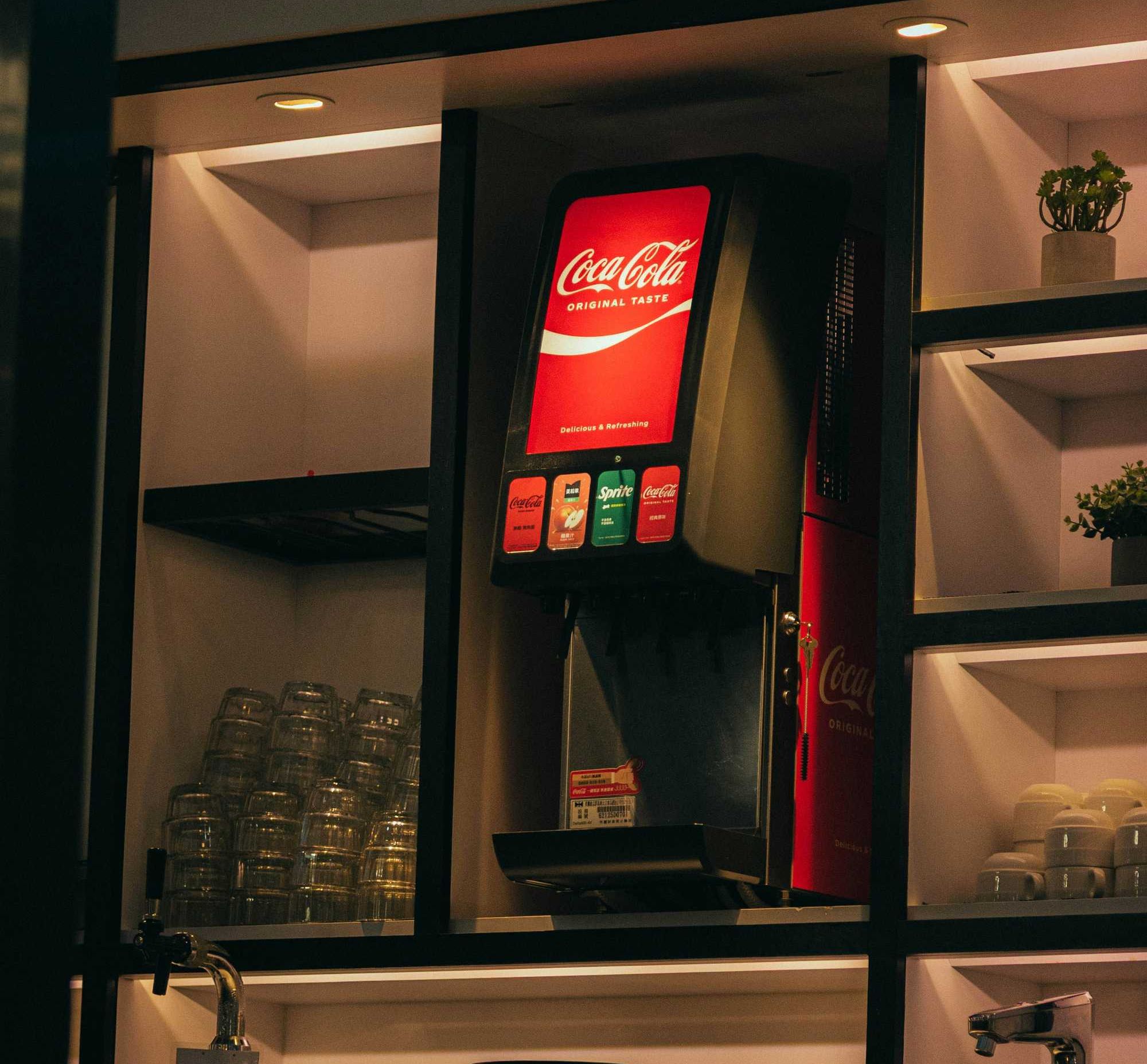After a scary diagnosis, a connection with a hairdresser offered this man a lifeline.
I’d always been an anxious person, but it wasn’t until grad school that I realized something was very, very wrong.
After getting an acceptance letter to my dream school, it felt like everything was finally falling into place. Eager to leave my hometown behind, I crammed everything I could into a single suitcase and embarked on my new life in the San Francisco Bay Area.
But the life I’d pictured — exploring the Bay, hanging out at the beach, making new friends, and trying every single vegetarian restaurant I could find — looked nothing like the life I walked into.
Photo by Camila Rubio Varón on Unsplash
Every time I tried to leave my new apartment by myself … I couldn’t.
At first, I didn’t think much of it. I was in a totally new place, so it made sense that I’d be nervous to venture out on my own. I was lucky to have found an apartment with roommates that were eager to show me around the city, so it was easy to forget that I’d eventually have to navigate this new life alone.
I had no idea how much I’d later come to rely on these connections in my recovery.
When classes began and I had to take public transit to get there, my panic about the outside world took over.
Knowing I’d have to take two busses alone to get to campus left me shaking, dizzy, nauseous, and terrified.
What if I needed help and no one was there? What if I got lost? What if I got attacked? What if I had a panic attack in public and humiliated myself? The “what if” became so daunting in my mind that staying home seemed like the only safe and certain option.
I started missing classes.
The more I avoided going out, the more relief I felt, but staying home only worsened my condition, until I stopped leaving entirely — not for groceries, not for medicine, not for anything or anyone.
That’s when my friends encouraged me to get help.
I was diagnosed with Agoraphobia, which is a panic disorder that develops as a response to fear. It’s fueled by avoidance, and can include an avoidance of public transportation, open spaces (like bridges or parking lots), closed-in spaces (like movie theaters), crowds, or in cases like mine, a fear of going anywhere alone.
Agoraphobia can be completely debilitating, leading a person to isolate themselves, even if it means going without basic necessities like food. My disorder actually led me to drop out of graduate school altogether, a wakeup call that made me realize that enough was enough.
While things like therapy and antidepressant medication were an important part of recovery, it was the small acts of kindness that made the biggest difference.
I found this kind of generosity often where I least expected it — like when I met a hairdresser who struggled with the very same disorder that I did.
I had reached out in an online community, desperately looking for a haircut from someone who wouldn’t judge me if I cancelled at the last minute or arrived in tears. That’s how I found Jane.
When I made it to Jane’s salon for the first time, I was greeted by a tattooed woman with a pixie cut, a beaming smile, and her adorable little dog. It was the first time I met someone who knew what I was going through.
“You made it!” she exclaimed. With those three simple words, I immediately felt safe.
We talked about the endless cycle of making plans and cancelling them, stepping outside only to turn right back around, how embarrassed we sometimes felt to be ordering our groceries online, and the frustration of how “simple” tasks — going to the pharmacy, taking the bus, making and keeping friends — were huge obstacles for us.
It was an unexpected miracle to not only find a hairdresser who was understanding, but who knew first hand what it was like to live with agoraphobia. That connection motivated me to make the trek to an entirely different city — even when it felt impossible — not just for an awesome haircut, but for that hour in her tiny salon, when I could forget how alone I felt.
It was people like Jane, who refused to give up on me, that kept me connected to the world that I would have otherwise cut myself off from.
It was friends who kept inviting me to brunch, even though they knew I might not make it there. It was loved ones who stayed on the phone with me while I braved public transport. It was roommates who encouraged me to step outside, even when I didn’t believe I could.
I won’t lie — getting my life back was difficult. I started by just trying to make it to a coffee shop down the street. When I finally reached the door, my loved ones were waiting for me, cheering for me. The little things — a study date with a classmate, taking the subway, or just an afternoon of binge-watching Netflix at a friend’s house — became huge victories for me.
We might not always understand what someone’s going through. But a little compassion can go such a long way.
Even small gestures, like a morning text cheering a friend on before their big test, a small gift to remind someone that we care, or asking “how can I help” when someone seems to be struggling can go a long way.
In spite of a debilitating disorder, I’m finally getting my life back — and that’s due, in no small part, to these seemingly insignificant acts of kindness.
Photo by Rémi Walle on Unsplash
These small moments of connection can be the lifeline that reminds us there’s something worth holding onto. And every single day is filled with opportunities to offer that lifeline to someone else — to the barista that makes your morning coffee, the cashier at the corner bodega, or the neighbor struggling to carry their groceries up the stairs.
Moments like these offer us a reminder that we should never underestimate the power of a helping hand. You never know who might need it.









 A woman reading a book.via
A woman reading a book.via A woman tending to her garden.via
A woman tending to her garden.via
 How many of us have visceral memories of VHS tapes?
How many of us have visceral memories of VHS tapes? Summer vacation was the best.
Summer vacation was the best.  Who didn't love a Lite Brite?
Who didn't love a Lite Brite? 
 Cats can be finicky about how they're held.
Cats can be finicky about how they're held.  Squish that cat.
Squish that cat. 
 A mom kissing her daughter's forehead. via
A mom kissing her daughter's forehead. via  A mom and daughter lying on sheet music. via
A mom and daughter lying on sheet music. via 
 America has strict mandates and requirements about accessibility in public spaces. Photo by
America has strict mandates and requirements about accessibility in public spaces. Photo by  Many places in Europe don't expect you to tip, but they also don't provide free refills on drinks. Photo by
Many places in Europe don't expect you to tip, but they also don't provide free refills on drinks. Photo by